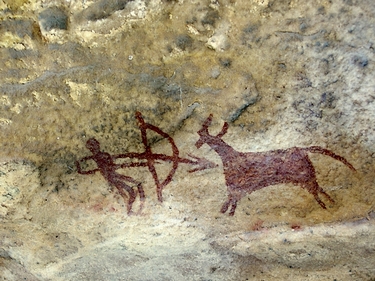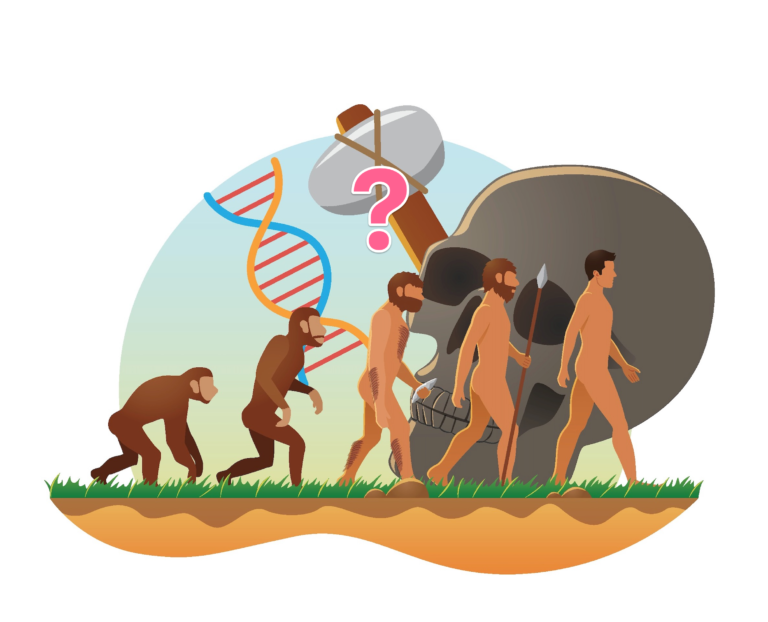Since time immemorial, studies on any field relating to cognition, the view of the human mind, is that it is both a storehouse and a processing center of whatever we experience with our senses. Nobody can know what anybody is thinking or what goes on inside somebody’s head, however a person’s thought processes are reflected on their actions. However, “mental abilities” and “mental processes” have always been viewed as “all in the head.” This paradigm of the human mind has persisted even though the metaphor used to describe the human mind has changed throughout the years, from a bucket to contain information, a filing cabinet, and in recent decades a computer. This paradigm is what is known as cognitivism, and it has been the foundational paradigm upon which any studies relating to human cognition stands on. A recent increasingly influential school of thought is countering this paradigm. According to this view, the mind is embodied, extended, and distributed and that mental … [Read more...]
Identifying the Neural Substrates of Cognitive Evolution and its Implications from a Christian Perspective
Considering its theoretical nature, the study Cognitive Archeology continues to grow year by year as ideas on the evolution of cognition and as theories on the interpretation of thoughts and symbolic structures as perceived in past material culture continues to abound. Despite the deluge of ideas on the evolution of cognition, most approaches have been “general” in nature. There has been general discussion on the classification of intelligence, it's possible evolution and the possible causes of such, however, works identifying the specific neural substrates that is involved in the evolution of cognition has been rare. This is of course understandable as the archeological record does not leave any evidence of brain re-organization and that there is no direct measure of behavioral change add to this is the fact that much of the brain continues to be shrouded in mystery. Despite all of these, nevertheless advances have been made in brain science which is further made possible by … [Read more...]
Is the emergence of human behaviour gradual or a result of a “revolution”?
When did language, culture, consciousness and “modern” human behavior as we perceived it to be, begun? Did it begin 10,000, 30,000, 50,000 or 300,000 years ago? When did it all start? What are the reasons for its emergence? How did it all begin? These are the nagging questions that Cognitive archeology and other disciplines related to the study of man and origins are trying to answer The debate rages on. In the battle of ideas, the war is being fought through words. Warring factions have taken their positions and the camp has been divided into two. The first major faction argues that modern human behavior arose suddenly and nearly simultaneously some 40,000 to 50,000 years ago. As to why this happened, proponents of this idea however cannot agree to the cause of this and this camp can be subdivided further. Some believe that this was all caused by a genetic mutation. Other contend that this “Human Revolution,” “Upper Paleolithic Revolution” or what others would like to call as the … [Read more...]
Does the archeological record reflect the capability of the Neandertals for symbolic thought?
There can be no doubt that language and symbolism forms an important part in studies relating to the evolution of cognition hence a great deal of research has been devoted to this. One of the must influential archeologists working on the subject is Francesco d’Errico. In an article written in 2003 entitled “Archaeological Evidence for the emergence of Language, symbolism, and music – An Alternative Multidisciplinary perspective,” d’Errico, together with others discusses their first hand analysis of recent archeological discoveries relating to the field of cognitive archeology. Among the interesting things they have tackled is Neandertal Cognition. The Neandertals were an extinct species of human in the genus homo who were closely related to anatomically modern humans. For a long time Neandertals were thought of to be scavengers, opportunistic hunters whose technology and behavior were considered “primitive” indicating the lack of the use of complex … [Read more...]
Can studying bonobos and stone knapping modern humans provide us answers to questions on the evolution of modern cognition ?
The highly theoretical nature of the field of Cognitive archeology requires it to use various approaches from different disciplines in order to come up with somewhat reasonable theory as a solution to the problems that it seeks to answer. This is but necessary considering that cognitive archeologist could no longer conduct actual experiments on their subjects as they only rely on the artifacts that has been left behind in order to come up with a reasonable conclusion or theory on the evolution of cognition. Seeking to understand the cognition of evolution, most cognitive archeologist rely heavily on an evolutionary framework and some has drawn inferences from their studies of primates, which is said to be modern man’s distant cousin. The logic of this inference is simple. Since evolutionary theory has proposed that man and primates comes from a common ancestor (Which remains to be discovered and is aptly called “the missing link”) it must therefore be logical to conclude that … [Read more...]





